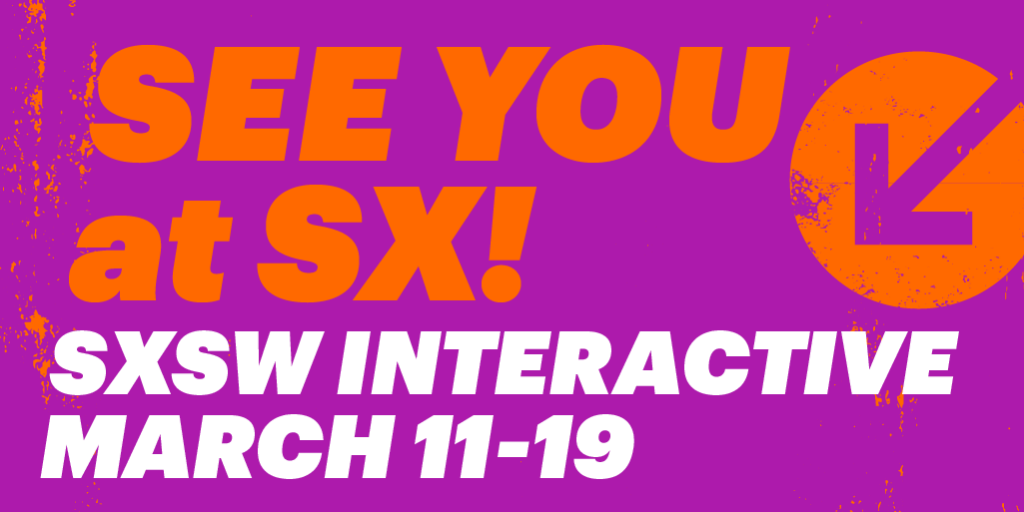 Before the end of 2015 the Copyright Office issued a Notice of Inquiry and Request for Public Comment on Section 1201 of the Digital Millennium Copyright Act (DMCA). Section 1201 outlines the DMCA’s anti-circumvention provisions that make it illegal to bypass any technological protection measure (TPM) (also known as Digital Rights Management (DRM)) that restricts access to copyrighted content. But simply put, it is a broken and flawed area of copyright law.
Before the end of 2015 the Copyright Office issued a Notice of Inquiry and Request for Public Comment on Section 1201 of the Digital Millennium Copyright Act (DMCA). Section 1201 outlines the DMCA’s anti-circumvention provisions that make it illegal to bypass any technological protection measure (TPM) (also known as Digital Rights Management (DRM)) that restricts access to copyrighted content. But simply put, it is a broken and flawed area of copyright law.
Before we begin a rundown of our comments, we want to thank California Western School of Law 2L Rayman Kahn and 3L Nicholas Petruolo for their fantastic work helping draft these comments.
The Notice of Inquiry was intended to assess the operation of section 1201, along with the triennial (every three year) rulemaking process established under the DMCA to adopt exemptions to the prohibition against circumvention of TPM’s. Based on our long history of advocating for DMCA exemptions, New Media Rights (NMR) participated in this effort by filing a public comment on March 1, 2016. The comment addressed several questions laid out in the notice of inquiry, drawing directly from New Media Rights’s experiences from working with clients navigate 1201 on a regular basis.
The comment is organized into two main parts. The first section discusses the problems associated with the current language and triennial process established under Section 1201, specifically the provision’s effect on individuals looking to make fair use of copyrighted material. Additionally, this first section proposes an amendment as the most appropriate action needed to correct the many problems Section 1201 poses to technological innovation, consumer rights, and First Amendment protections. The second section of the comment, acknowledging that the legislative reform may take time, focuses on ways in which the triennial rule-making process can be improved more quickly by regulatory change at the Copyright Office.
The first section touches on the key ways section 1201 is failing: (1) the high demands on time and resources for proving exemptions, (2) the unnecessarily high burden for proving exemptions, (3) examples of ways in which exemptions routinely fail creators making lawful uses of content, and (4) lastly the significance of excluding fair use from exempt status.
To exemplify how Section 1201 fails those who wish to lawfully re-use content, we highlight an example regarding the current exemption allowing documentary filmmakers the ability to circumvent TPM’s. In our comment to the 2015 1201 exemption proceeding, New Media Rights argued for expansion of this exemption to include broader protections for all films seeking to make fair use. Our comments throughout the proceeding reiterated the complications involved in distinguishing between genres of film. We pointed to the fact that many genres of film such as “biopics,” “inspired by,” “based on a true story,” and films shot in a “documentary type” style are hard to classify as either documentary or non-documentary type films. Not only do filmmakers need to correctly establish a fair use argument, but they also need to prove their film was in fact a “documentary” film in order to be exempt under the anti-circumvention provisions of Section 1201.
Our proposed solution included a legislative amendment to Section 1201, which would help clarify the role of fair use in relation to the anti-circumvention provisions. Such an amendment would negate many of the problems Section 1201 imposes on those seeking to make fair use of copyrighted content. Our comment also includes discussion on how such an amendment would not jeopardize any of the United States’ obligations under any international treaties or foreign trade agreements regarding prohibitions on circumvention.
The second section of our comment looks into the various regulatory changes the copyright office may be able to undertake in order to better improve Section 1201. We criticized the burdens of proof required under the rulemaking process and the current de novo review procedures when arguing for exemptions. We also make arguments in favor of less ambiguous language for the evidentiary standards, as well as establishing a basis of confidentiality when trying to provide detailed evidence in support of exemptions.
New Media Rights appreciates the opportunity to provide the Copyright Office with insight based on our first hand experience with clients who frequently navigate Section 1201, but it’s past time to make some changes.


 The DMCA Section 512 is a critical protection for internet-based services large and small against copyright claims based on user infringement. However, Section 512 creates an easy, out of court process to remove speech from the internet through its notice and takedown provisions. This process is frequently abused to remove otherwise legal content from the internet. We recently proposed legislative reforms that would address key problems with section 512, and shared our firsthand experiences with clients dealing with section 512.
The DMCA Section 512 is a critical protection for internet-based services large and small against copyright claims based on user infringement. However, Section 512 creates an easy, out of court process to remove speech from the internet through its notice and takedown provisions. This process is frequently abused to remove otherwise legal content from the internet. We recently proposed legislative reforms that would address key problems with section 512, and shared our firsthand experiences with clients dealing with section 512. Following up on our recent comments
Following up on our recent comments 




